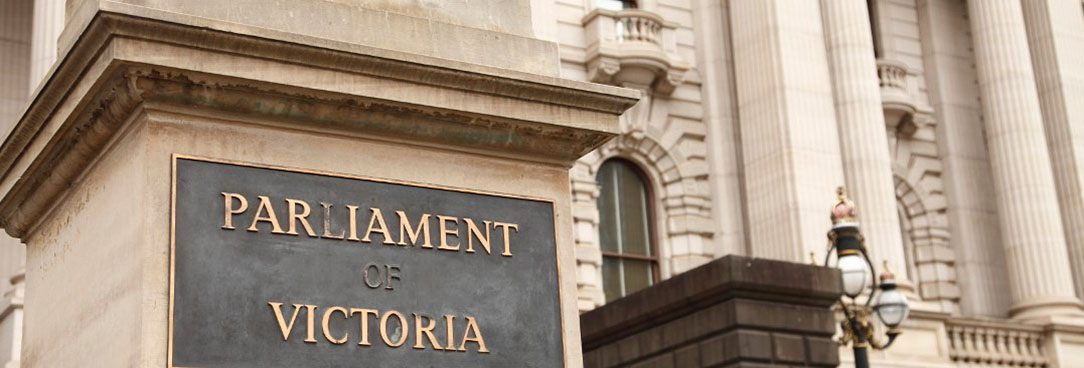What laws affect government recordkeeping in Victoria?
Victorian Government agencies come under a number of laws which regulate the creation, management and disposal of information.
The Public Records Act 1973 (PR Act) sets specific requirements for the effective management of public records, and provides the governing framework for PROV and the Keeper of Public Records.
Beyond this, both State and Commonwealth legislation establish significant legal regimes for control of government information, including in the areas of privacy, security and access to information. Further information about these laws is provided by the relevant government agency (see links). To access current legislation, go to the Victorian Legislation website.
General information about how key legislation applies to public records is provided below.
Each individual government agency will be affected differently by these laws. Your organisation should investigate how these laws apply specifically to them.
